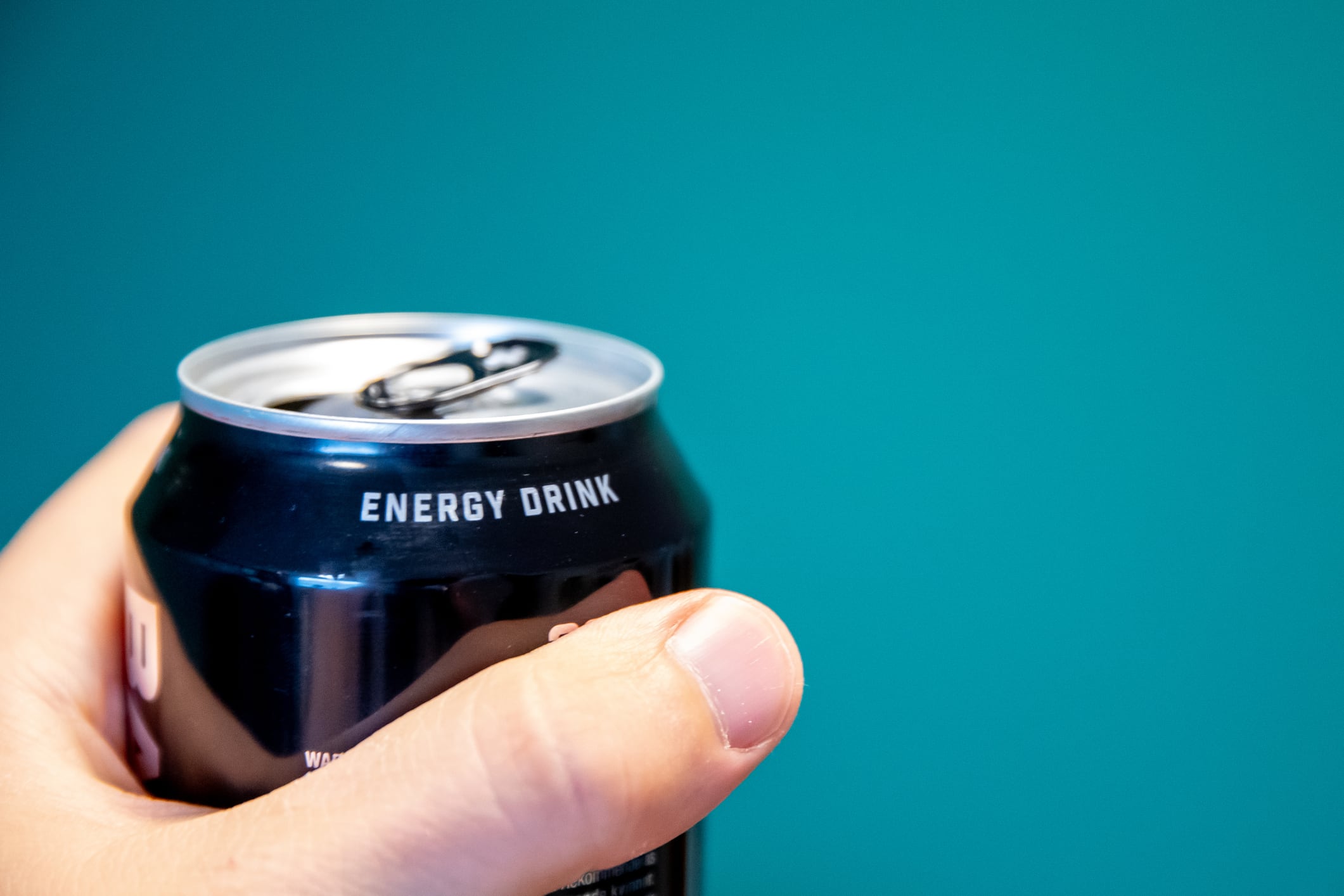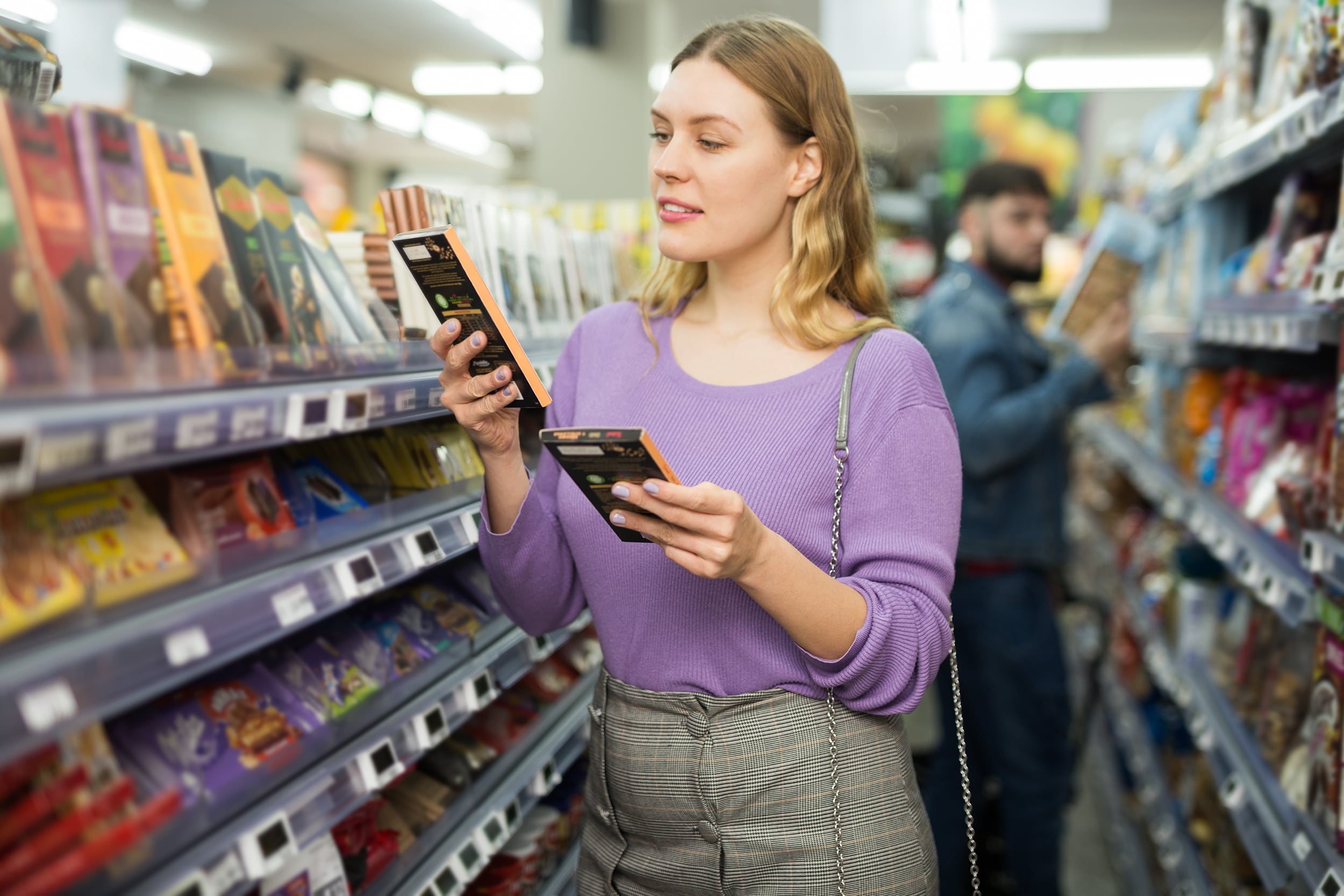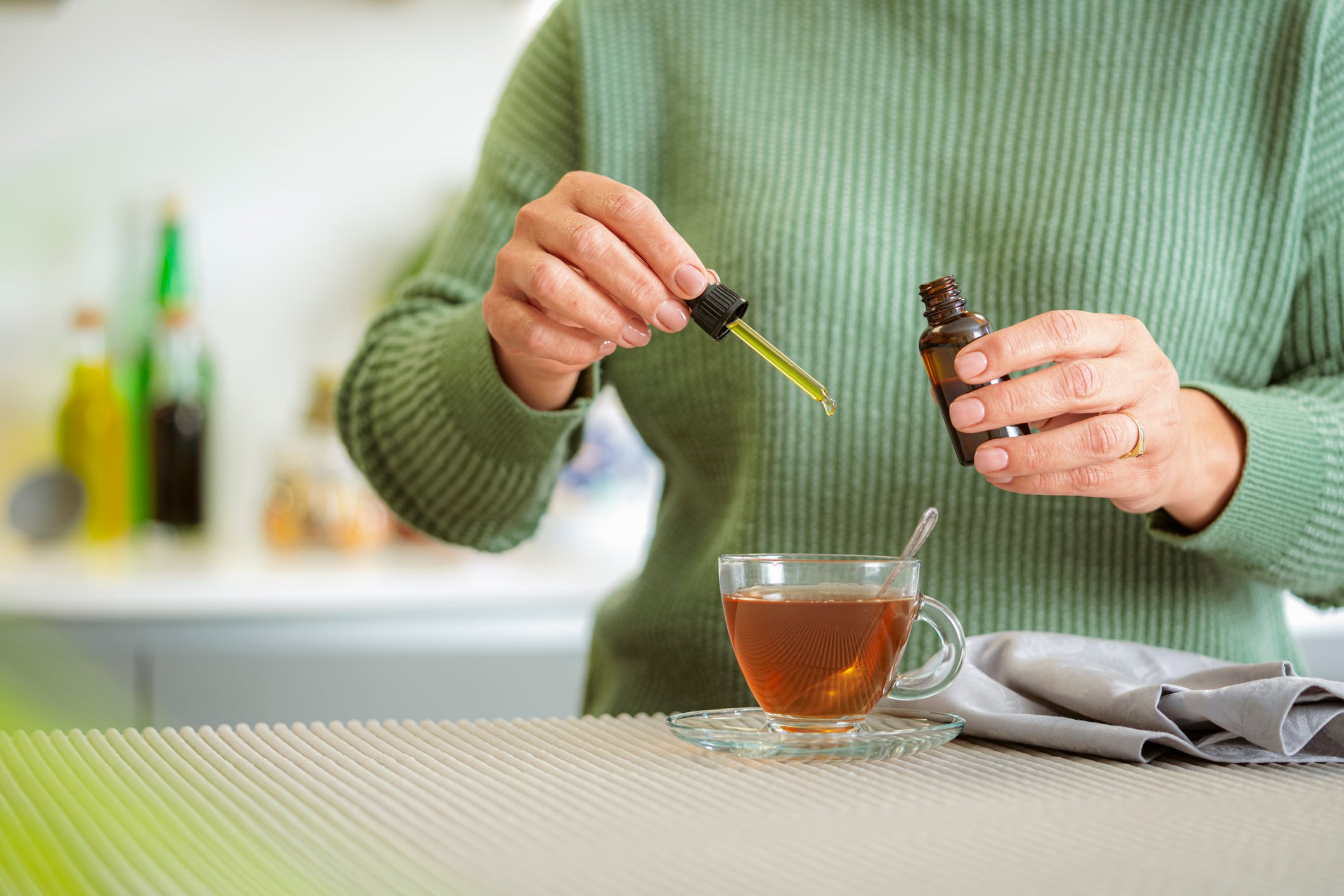As part of its commitment to raise “the healthiest generation of children ever in the UK”, the Government is proposing a ban on the sale of high-caffeine energy drinks to children aged 15 and under, which it believes could prevent obesity in up to 4,000 youngsters.
It’s estimated that around 100,000 children consume at least one high-caffeine energy drink every day, with mounting evidence linking these beverages to harmful effects on children, including disrupted sleep, increased anxiety, poor concentration and reduced educational outcomes.
Evidence also shows that children from more deprived communities are more likely to consume these products – further contributing to health inequalities across the country.
The Government says a ban on these beverages will not only improve children’s wellbeing but also deliver tens of millions of pounds of health benefits, as well as future saving for the NHS.
How can we expect children to do well at school if they have the equivalent of 4 cans of cola in their system on a daily basis?
Wes Streeting, Health and social care secretary
“Energy drinks might seem harmless, but the sleep, concentration and wellbeing of today’s kids are all being impacted, while high-sugar versions damage their teeth and contribute to obesity,” health and social care secretary Wes Streeting said in a statement.
“As part of our Plan for Change and shift from treatment to prevention, we’re acting on the concerns of parents and teachers and tackling the root causes of poor health and educational attainment head on.
“By preventing shops from selling these drinks to kids, we’re helping build the foundations for healthier and happier generations to come.”
The proposal would make it illegal to sell high-caffeine energy drinks containing more than 150mg of caffeine per litre to anyone aged under 16 years across all retailers, including online, in shops, restaurants, cafes and vending machines. The proposals would not affect lower-caffeine soft drinks, or tea and coffee.
And whilst many major retailers already voluntarily restrict sales, research suggests that some smaller convenience stores continue to sell to kids, highlighting the need for a consistent approach.
What is being consulted?
A consultation has now launched and will run for 12 weeks, gathering evidence from health experts, education leaders, retailers, manufacturers, local enforcement authorities, and the public.
The consultation will examine both the action the Government is proposing and its enforcement. This includes the minimum age of sale, the products and businesses within scope of the ban, how it will apply to vending machines, and how long businesses will need to implement new rules.
Also under discussion will be the proposal of a new power to allow enforcement authorities to issue fixed monetary penalties (a fine), as an alternative to criminal prosecution. Views on whether the proposed process is fair and proportionate will be welcomed too.
Industry reaction
Reaction to the proposals has been generally positive, with several lobbying groups, including Sustain, the Obesity Health Alliance, and Action on Sugar, all welcoming the move.
“High-caffeine energy drinks already carry warning labels saying ‘not suitable for children’, so it’s absolutely right for the government to limit them from being sold to children too,” said Barbara Crowther of the children’s food campaign at Sustain, an alliance of over 100 food, farming and health organisations.
“They are branded and marketed to appeal to young people through sports and influencers and far too easily purchased by children in shops, cafes and vending machines. Parents, teachers and health professionals have all called for this policy, so let’s get involved with the consultation and support children’s health.”
“Age-of-sale policies like this have a proven record of reducing access to products that are not suitable for children, and will help create an environment that supports healthier choices for future generations,” added Katharine Jenner, director of the Obesity Health Alliance.
However, the AVA: The Vending & Automated Retail Association has slammed the proposals, contending that a ‘blanket ban’ that includes vending machines would also impact spaces only accessible by adults.
The group has said the move would prohibit the sale of all energy drinks through machines across England, and warns of a £32 million annual loss for the UK vending industry’s soft drinks market.
The UK vending sector, comprising 180 AVA members managing 460,000 machines countrywide, was already upholding a voluntary code of practice that restricted the sale of energy drinks from vending machines located in public sites, such as local authority leisure centres.
David Llewellyn, chief executive of the AVA, commented: “The AVA and its members have always taken the health and welfare of young people seriously, which is why the voluntary restrictions on energy drink sales in public-facing machines have been successful. It is incredibly disappointing that, despite our discussions and clear evidence of industry responsibility, the government has chosen a route that penalises businesses and adult consumers alike.
“Banning all energy drinks in all vending machines, including those in workplaces, will cost our industry tens of millions of pounds, threaten jobs, and reduce consumer choice without addressing the real issue. We urge the government to reconsider this blanket approach and work with industry on sensible, targeted measures.”
A global movement towards low caffeine
The proposed regulation reflects a much wider regulatory shift to restrict caffeinated products, particularly for younger consumers. As Hannah Cleland, senior consumer analyst at GlobalData, explains: “Alongside England, many other jurisdictions are reviewing how caffeine is marketed and sold. In March 2025, Food Standards Australia New Zealand proposed new caffeine restrictions to protect vulnerable groups.
“In Saudi Arabia, restaurants and cafes are now required to flag caffeine content on menus. Politicians in the US are calling for similar caffeine content disclosure, following the death of a 21-year-old student who consumed one of Panera Bread’s ‘Charged Lemonades’. Meanwhile, the EU banned the use of caffeine in pesticides in February.”
Cleland compares the wave of global regulation over caffeine to previous moves made in the nicotine market.
“Recently, vapes and nicotine pouches have been in the spotlight for their marketing, which is perceived as deliberately targeting younger consumers who are more susceptible to the risks of stimulants than older consumers. Indeed, nicotine companies that have subsequently started selling caffeine pouches instead (also known as energy pouches) are also raising the alarm in the US,” she added.
“Energy drink companies would be wise to consider a safety-first approach to caffeine as part of their social responsibility targets. A lack of transparency is a key issue, as consumers are not always aware that energy drinks can contain double or more the caffeine content in a shot of espresso.”
Reformulation in energy drinks
Drinks brand Tenzing has already leveraged this move towards healthier energy drinks, offering ‘all-natural’, plant-based drinks.
“The biggest driver in the energy drinks sector right now is the demand for real flavour, real ingredients and a growing rejection of ultra-processed foods,” Huib van Bockel, the founder of Tenzing, told Food Manufacture.
“More than ever, consumers are scrutinising what’s in their drinks [...] They want transparency. They want ingredients they don’t have to feel guilty about."
Low caffeine content
Beyond transparency and responsible marketing, the beverage market has also been seeing a shift towards lower caffeinated options, including matcha lattes and teas.
In Food Manufacture’s Hot Drinks Report, Emilie Holmes, founder of Good & Proper, described matcha as “one of the most dynamic growth areas in tea”, with iced matcha particularly popular.
“Demand has never been higher, and many cafés are now placing matcha front and centre on their menus. This is welcome news for hospitality, where matcha presents a growth area with good margin potential and limited at-home replication,” she said.
Matcha is now one of the fastest-growing parts of its business, accounting for around 15% of total revenue, with sales more than doubling year-on-year.





